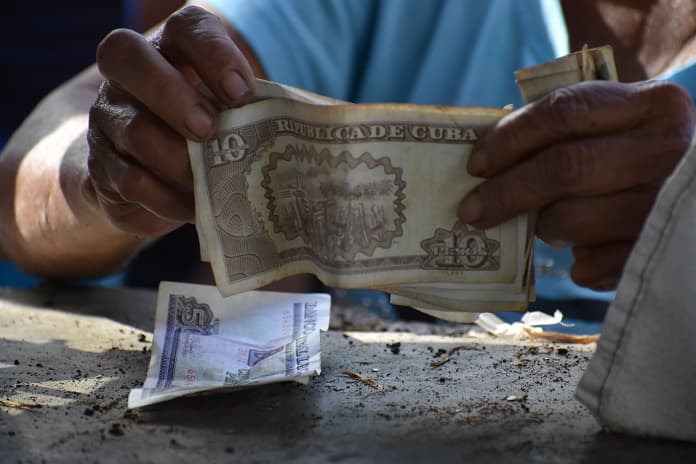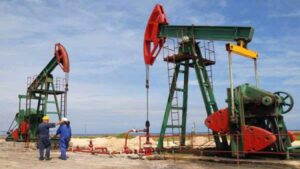Eliminating distortions for a more sustainable, prosperous and just society.

National production also faces obstacles. The insufficient control of land and the stagnation of the sugar agroindustry are symptoms of a system that needs new airs.

The Cuban economy is immersed in a context of «War Economy», a term that, far from being a mere label, reflects the complexity of a system that operates under adverse conditions.
This scenario is also aggravated by the interdependence with international trade, where global fluctuations have a direct impact on the country’s economic stability. However, the main adversary of our economy is the economic, commercial and financial blockade imposed by the government of the United States.
This siege, beyond any media manipulation, not only limits access to markets and technologies, but also hinders the development of an economy that already faces significant internal challenges.
Internally, the Cuban economy reveals shortcomings that require urgent attention. The intervention of Manuel Marrero Cruz, member of the Political Bureau and Prime Minister of the Republic of Cuba, at the Second Ordinary Session of the National Assembly of People’s Power in its Tenth Legislature, on December 20th, 2023, put some ideas on the table.
Among them, the need for a more robust Ministry of Economy and Planning is evident; its role should be to articulate coherent strategies that allow for effective control of prices and tax evasion. In addition, it is crucial to advance in complying with the principle of subsidizing people and not products, a change that could alleviate social tensions and improve the welfare of the population.
In terms of exports, Cuba has significant potential that has not been fully exploited. Diversification of exports of goods and services is essential and this must be done with the active participation of all economic actors, both state and non-state. However, foreign investment remains insufficient and represents a challenge in the strategy of the National Economic and Social Development Plan until 2030. Without the injection of capital and technology that foreign investment brings, economic growth will be limited.
Domestic production also faces obstacles. The insufficient control of land and the stagnation of the sugar agroindustry are symptoms of a system that needs new airs. It is imperative to encourage linkages between state-owned enterprises and non-state forms of management in order to maximize efficiency and take advantage of idle capacities.
Against this complex backdrop, crucial questions arise: What measures should be taken to restore stability and promote development? The answers are many. It is essential to recover macroeconomic equilibrium, revitalize tourism, exercise stricter control over the foreign exchange market and renegotiate the national debt.
In addition, domestic production must be encouraged, the sugar agro-industry must be recovered as a matter of urgency, and a food balance must be achieved at the municipal level. The reduction of the budget deficit and the containment of speculative prices are equally vital.
In conclusion, the distortions in Cuba’s economy pose considerable challenges that affect both economic growth and social welfare. As the country examines alternative models of development, the lessons learned from these current experiences should provide assurances of a more sustainable, prosperous and just society.
Written by Gabriel Torres.



